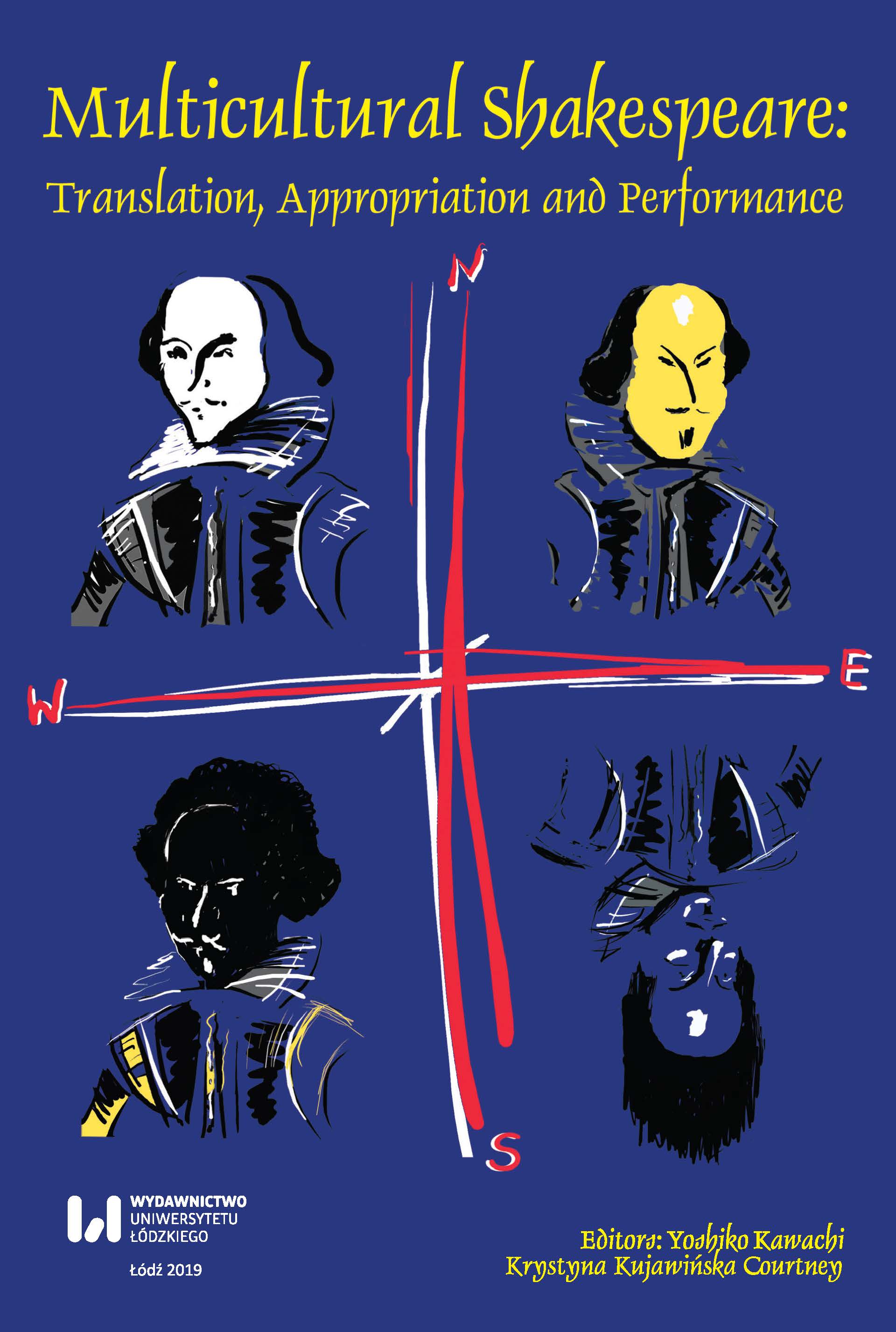The Archive and the Digital Age: Field Notes from the Pedagogical Front
DOI:
https://doi.org/10.18778/2083-8530.20.03Keywords:
Digital Humanities, Hamlet, Shakespeare reception, teaching Shakespeare, Shakespeare in CanadaAbstract
The digital environment in which the humanities are now firmly immersed has opened the door to innovative ways for students to interact with traditional formats such as archival and print material, and to develop a deep and personal understanding of topics and issues. Libraries, museums and archives are in the unique position of facilitating the creation of digital initiatives in the classroom by offering up their collections as “learning laboratories,” and by sharing their expertise in technology, information, and digital literacy as well as data management. Through active collaboration with course instructors, they can build bridges between their collections and the digital skills students need in order to embrace the new learning paradigm and to help lead them into the future. This paper outlines an archival-digital pilot launched in 2015 at the University of Ottawa, Canada. It situates the project in its historical context; details its early and subsequent iterations; and surveys the assumptions, challenges, surprises, and pleasures of introducing students to archival sources and to acquiring digital skills.
Downloads
References
Arsenault, Kaitlyn. “Reflections on the Shakespeare and Canada DH Project.” End-of-term reflective paper for ENG 7325 Shakespeare and Canada. Winter 2019. Instructor: I. Makaryk.
Google Scholar
Brisset, Annie. “Shakespeare, A Late Bloomer on the Quebec Stage.” In Shakespeare and Canada: ‘remembrance of ourselves.’ Ed. Irena R. Makaryk and Kathryn Prince. University of Ottawa Press, 2017. 127-56.
Google Scholar
Colarusso, Dana M. “Rhyme and Reason: Shakespeare’s Exceptional Status and Role in Canadian Education.” In Makaryk and Prince. 215-40.
Google Scholar
Downer, Evonne. “Reflections on the Shakespeare and Canada DH Project.” End-of-term reflective paper for ENG 7325 Shakespeare and Canada. Winter 2019. Instructor: I. Makaryk.
Google Scholar
Engler, Balz. “The Classic as Public Symbol.” REAL: Yearbook of Research in English and American Literature (Tübingen: Gunter Narr, 1988-89) 6 (1988-89): 217-36.
Google Scholar
Frenken-Francis, Kristyna. “Reflections on the Shakespeare and Canada DH Project.” End-of-term reflective paper for ENG 7325 Shakespeare and Canada. Winter 2019. Instructor: I. Makaryk.
Google Scholar
Giannetti, Francesca. “Against the Grain: Reading for the Challenges of Collaborative Digital Humanities Pedagogy.” College & Undergraduate Libraries 24.2-4 (Apr. 2017): 257-269. Library, Information Science & Technology Abstracts. doi: 10.1080/10691316.2017.1340217.
Google Scholar
Griffin, Melanie and Tomaro I. Taylor. “Shifting Expectations: Revisiting Core Concepts of Academic Librarianship in Undergraduate Classes with a Digital Humanities Focus.” College & Undergraduate Libraries 24.2-4 (2017): 452-466. Library, Information Science & Technology Abstracts. doi: 10.1080/10691316.2017.1325346. Accessed 24 June 2019.
Google Scholar
Long, Jennie. “Reflections on the CSL Project.” End-of-term reflective paper for ENG 3133B Elizabethan Shakespeare, Winter Term 2016. Instructor: I. Makaryk.
Google Scholar
Mackenzie, Sarah. “Performing ‘Indigenous Shakespeare’ in Canada: The Tempest and The Death of a Chief.” In Makaryk and Prince. 111-25.
Google Scholar
Makaryk, Irena R. “Introduction: Shakespeare in Canada: ‘a world elsewhere.’” In Shakespeare in Canada: ‘a world elsewhere.’ Ed. Diana Brydon and Irena R. Makaryk. Toronto: University of Toronto Press, 2002. 3-41.
Google Scholar
Makaryk, Irena R. and Kathryn Prince, eds. Shakespeare and Canada: ‘remembrance of ourselves.’ University of Ottawa Press, 2017.
Google Scholar
VanderBerg, Robert. “Converging Libraries, Archives and Museums: overcoming distinctions, but for what gain?” Archives and Manuscripts 40.3 (November 2012): 136-146.
Google Scholar
Downloads
Published
How to Cite
Issue
Section
License

This work is licensed under a Creative Commons Attribution-NonCommercial-NoDerivatives 4.0 International License.












